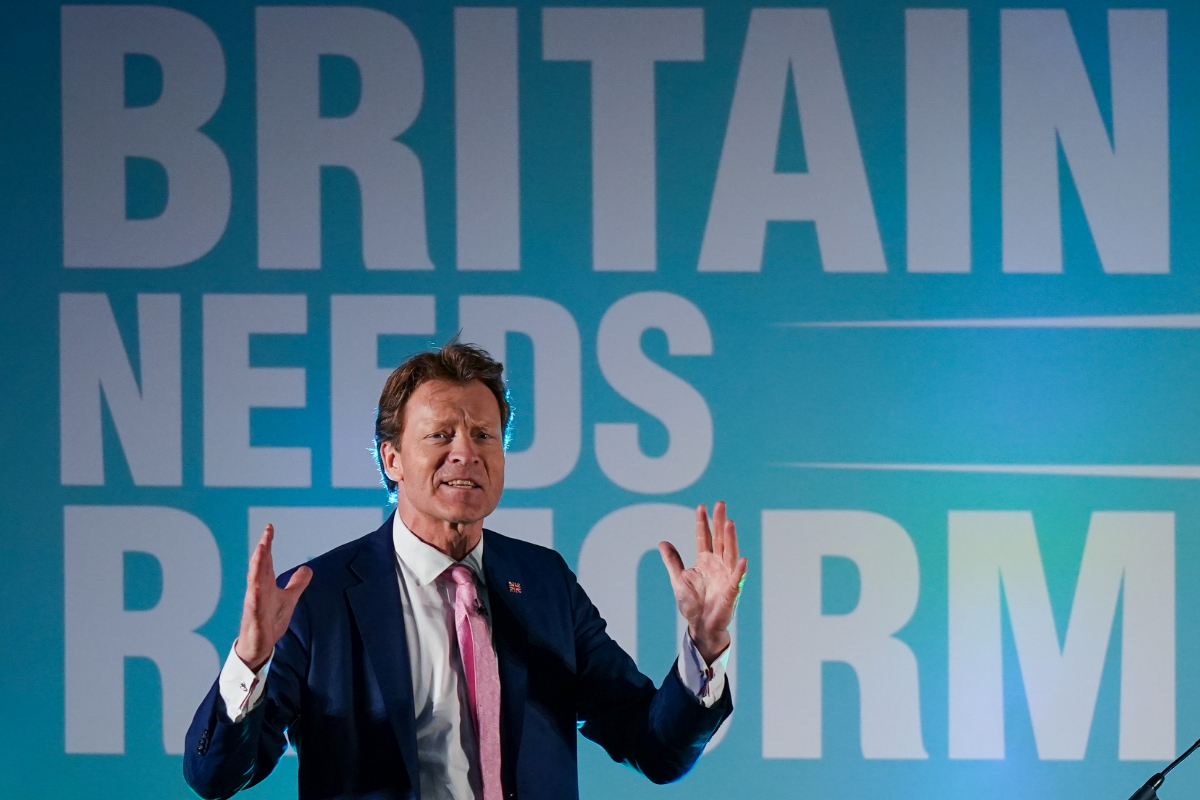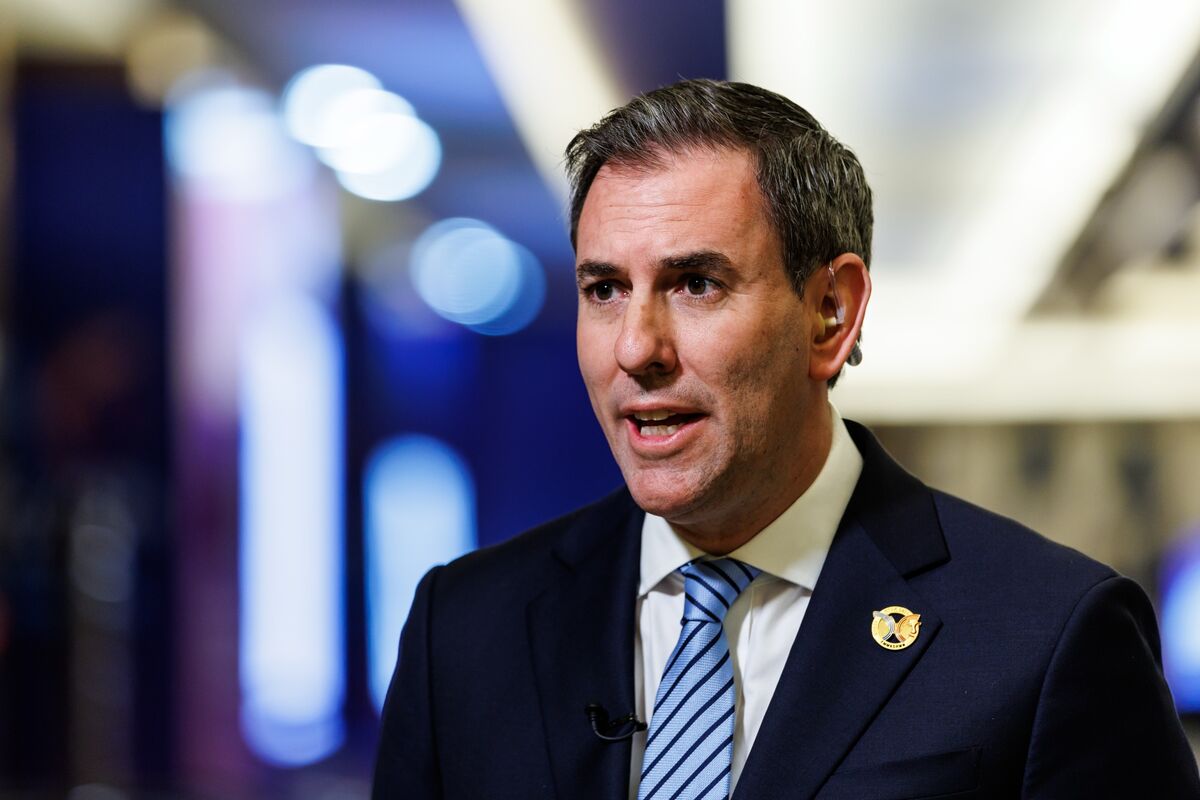Copyright cityam

Richard Tice has called on City leaders to draw up proposals to radically cut regulation and introduce an overhaul of major financial institutions across the UK as he called for a “Big Reform” of financial services. In an echo of Margaret Thatcher’s Big Bang programme on deregulation, the Reform UK deputy leader set out the party’s radical ambition to use financial services across the City to boost growth hopes in order to prevent the country from plunging into a debt crisis. Tice said “mad ideas” should be drawn up to revise four key economic areas: regulators, growth capital offered to small businesses, pension savings and the tax code. “In 2050, if we don’t change course, debt to GDP will be over 200 per cent,” Tice said, pointing to forecasts made by the Office for Budget Responsibility (OBR). “We all know that is unsustainable. That is a rapid route towards bankruptcy. We cannot tolerate this and we cannot ignore [these figures].” Tice said more questions had to be asked about the Bank of England’s Monetary Policy Committee (MPC), the Prudential Regulation Authority, the Financial Conduct Authority, the HMRC handbook and other financial institutions. While Tice did not offer firm policy proposals, he indicated Reform UK would set up working groups to devise ideas. He suggested he wanted to turn 30,000 pages of regulation in the FCA into 500-page code, with similar reductions in size in the tax code. The Reform UK official also took aim at public sector pension schemes, with a new pledge saying it would end gold-plated defined benefit pension schemes for civil servants and other state officials. He pointed to calculations stating unfunded public sector pension liabilities are running into £2.5 trillion. Tice also appeared to question the necessity of Cash ISAs amid rumours Rachel Reeves might yet cut the £20,000 limit. “We do not want the UK economy to be an unfunded pension liability with flaps,” Tice said. Tice also seemed to go further than Nigel Farage with regard to inheritance tax, with Reform’s current position stating the party would row back Labour changes to family business and farm tax reliefs. He said that inheritance tax was stopping entrepreneurs from staying in the UK. When asked on whether Reform would look to change the OBR and the Debt Management Office, which he did not mention in an initial speech, Tice also indicated the institutions should face reforms and changes in remits. After blaming regulators for missing a series of financial crises, he told City AM he was “very worried” about private credit problems given pension schemes’ exposure to financial institutions. Reform UK to challenge orthodoxy Tice has previously suggested he would add Treasury officials to the Bank of England’s Monetary Policy Committee. He has also been a staunch critic of quantitative tightening (QT), the process whereby the Bank of England has reduced the size of its balance sheet by selling gilts, which economists have said have added to borrowing costs. His appearance at Bloomberg’s London offices came two days after Nigel Farage delivered a lengthy speech in the City of London, pledging to push ahead with deregulation and take more caution with fiscal policy than the Reform’s manifesto indicated. In the speech, Farage said he believed the next General Election would come in 2027 due to an economic collapse. “We are being mature, we are being sensible, and we are not over-promising,” Farage said. “For us not to take account of the dire state of our public finances, that I think would be irresponsible. “We can’t have massive tax cuts until the markets can see we’ve at least got these things in hand.” The latest round of press conferences and political statements focused on fiscal policy and the wider UK economy reflects Reform’s dash to gain economic credibility. Last week, welfare spokesman Lee Anderson said the party would seek to make £9bn welfare savings if it were elected into government while Danny Kruger indicated the party would look to cut costs across Whitehall by cutting hundreds of thousands of staff. Several City analysts criticised Reform’s last manifesto, with Panmure Liberum’s Simon French warning that its tax and spending proposals would lead to a rout in the bond markets. Conservative MPs have also labelled Farage a “socialist” for backing nationalisation of British Steel and other under-threat businesses, and for supporting the lifting of the two-child benefit cap, which could cost the government more than £3bn. In a final speech to City leaders, Reform UK chair Nick Candy said he “wondered” whether he had heard a future Chancellor deliver a speech in Bloomberg’s offices.



